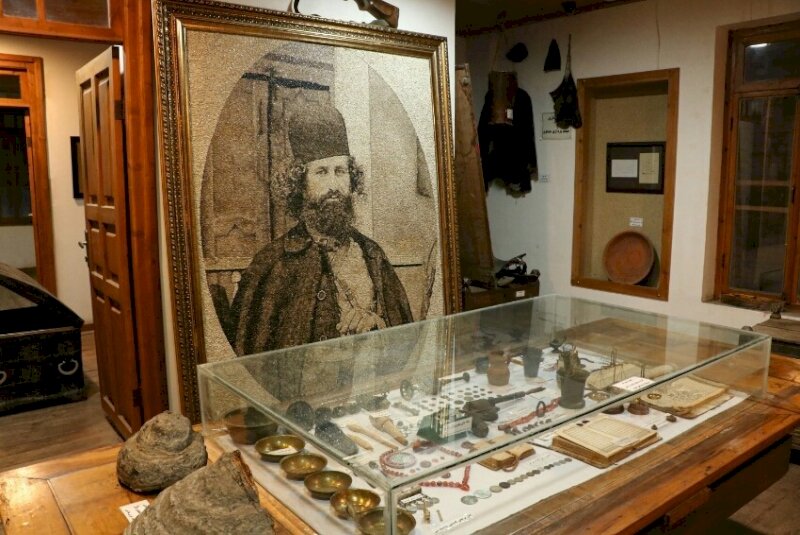Objects remaining from Mirza Kuchak Khan to be documented

TEHRAN- The objects and documents remaining from the movement that national hero and legendary freedom fighter Mirza Kuchak Khan founded in the city of Rasht, northern Gilan province in the early twentieth century, are planned to be documented, organized, and preserved.
“A documentation project will be commenced on the objects related to Mirza Kuchak Khan such as clothes, statues, wooden utensils and paper documents, which are being kept in Rasht Museum,” deputy provincial tourism chief Vali Jahani announced on Sunday.
After the completion of the project, the objects will be transferred to the house of Mirza Kuchak Khan, which has been under restoration since August to be repurposed into a museum, the official added.
He also noted that both documentation and restoration projects are being implemented by the province’s cultural heritage department in collaboration with the Rasht Municipality.
Covering an area of 1120 square meters, the house is located in the Ostadsara neighborhood. The Rasht Municipality purchased the house from its owner a few years ago to convert it into a cultural center.
The house was inscribed on the National Heritage list in 2007.
Born Yunes, Mirza Kuchak Khan (1880-1921), established the movement in the forests of Gilan that became known as the Jangal (Forest) Movement in response to the period of political decay brought about by the advent of World War I and the occupation of Iran by Anglo-Russian and Ottoman troops.
The uprising started in 1914 and remained active until 1921 when the movement was defeated.
It laid the ground for a popular movement in the northern part of the country. In this period, the Iranian people were grappling with social unrest, anarchy, political turmoil, abject poverty, famine, and numerous other problems.
After Reza Khan took power in 1920, he issued a highly classified document requesting high-ranking security officials to deliver Mirza Kuchak to him, dead or alive, offering a large reward to whoever did so.
This secret document shows that the king of Iran was desperately seeking to suppress the Jangal Movement as soon as possible to crack down on the new freedom movements mobilized in different parts of Iran.
Mirza and his companion named Gaouk, a Russian-German revolutionary adventurer, fleeing from the central government forces both died of frostbite in the Talesh mountains near Masal on December 2, 1921.
ABU/AFM

Leave a Comment